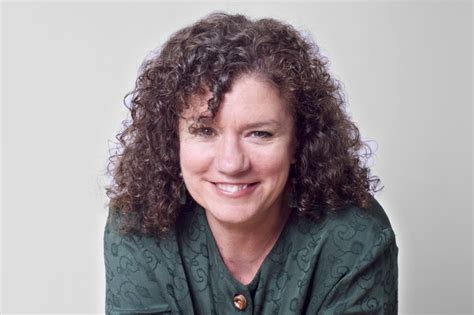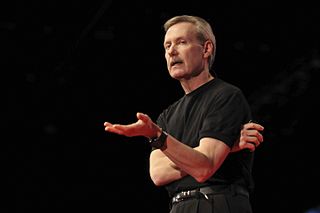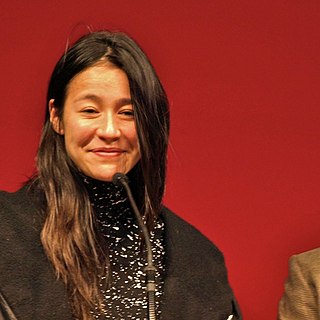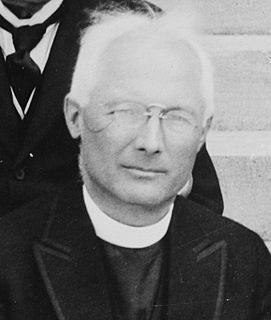A Quote by Constance Hale
Our word choices give a sentence its luster, and they deserve intense attention.
Related Quotes
Never trust the translation or interpretation of something without first trusting its interpreter. One word absent from a sentence can drastically change the true intended meaning of the entire sentence. For instance, if the word love is intentionally or accidentally replaced with hate in a sentence, its effect could trigger a war or false dogma.
Every sentence has a truth waiting at the end of it and the writer learns how to know it when he finally gets there. On one level this truth is the swing of the sentence, the beat and poise, but down deeper it's the integrity of the writer as he matches with the language. I've always seen myself in sentences. I begin to recognize myself, word by word, as I work through a sentence. The language of my books has shaped me as a man. There's a moral force in a sentence when it comes out right. It speaks the writer's will to live.
Many people must have noticed the intense attention given by children to the conversation of grown-ups when they cannot possibly be understanding a word of what they hear. They are trying to get hold of words, and they often demonstrate this fact by repeating joyously some word which they have been able to grasp.






































